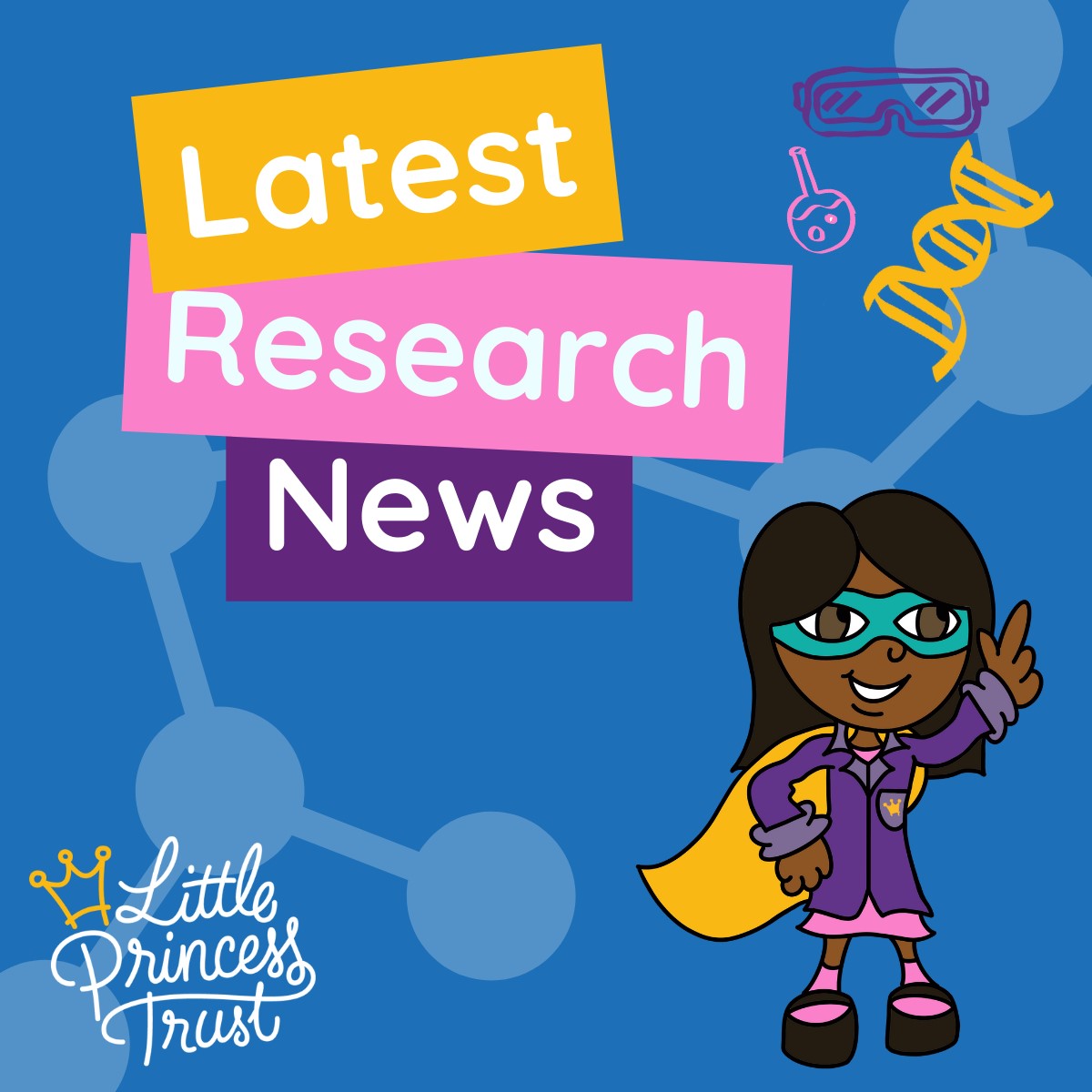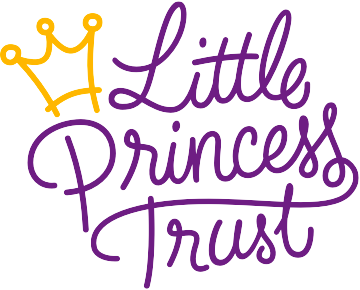Little Princess Trust News
New research tool gives insights into the origins of childhood neuroblastoma

"We can now explore potential treatment avenues with unprecedented precision"
Research projects that received funding from The Little Princess Trust have contributed to a new tool for neuroblastoma research.
Neuroblastoma is a cancer that affects around 100 children per year in the UK. These children are often very young, as the cancer starts to develop before birth.
Understanding how it develops is a key research goal, but researchers were lacking the tools needed.
This made it challenging to study the genetic changes involved in neuroblastoma development.
Alongside other organisations, our funding has contributed to an innovative new laboratory model of neuroblastoma.
Lab models mimic the way cancers behave in real life, helping researchers understand more about the origins of cancers.
.jpg)
Researchers at the University of Sheffield, working closely with colleagues at the St. Anna Children's Cancer Research Institute in Vienna, have developed a model which shows how foetal cells develop into neuroblastoma.
The model uses an interdisciplinary method to grow human stem cells into pre-neuroblastoma cells.
The method was led by stem cell expert Dr. Ingrid Saldana in Sheffield and computational biologist Dr. Luis Montano in Vienna.
The model will be pivotal in understanding the origins of neuroblastoma. It offers insights and tools that could help researchers develop better and more effective treatments.
This research has been published in Nature Communications with Dr Anestis Tsakiridis as one of the lead authors.
Dr Tsakiridis and Prof Helen Bryant (University of Sheffield), also a co-author in the study, led three projects funded through the CCLG Research Funding Network which have contributed to this work. The projects were funded in collaboration with Neuroblastoma UK and The Little Princess Trust.
We can now explore potential treatment avenues with unprecedented precision.
Dr Tsakiridis, from the University of Sheffield’s School of Biosciences, said: “Our stem cell-based model mimics the early stages of neuroblastoma formation, providing invaluable insights into the genetic drivers of this devastating childhood cancer.
"By recreating the conditions that lead to tumour initiation, we can now explore potential treatment avenues with unprecedented precision.”
The second lead author, Dr Florian Halbritter from St. Anna Children’s Cancer Research Institute, added: "This was an impressive team effort, breaching geographic and disciplinary boundaries to enable new discoveries in childhood cancer research."



